answers to frequently asked questions regarding a Florida probate administration
What is probate?
Probate is the court-supervised process of identifying and gathering the assets of a decedent, paying the decedent’s debts and distributing the balance of the assets to the decedent’s beneficiaries (testate) or heirs (intestate). In Florida, there are two primary forms of probate – formal and summary probate administration.
WHAT IS A PROBATE ESTATE?
The probate estate consists of those assets that were owned by the decedent and the decedent alone, such as a sole-named bank account, a retirement account with no named beneficiary, a house in the decedent’s name with another person as tenants in common.
Jointly-owned property with rights of survivorship, assets held in a revocable trust or living trust, as well as property with a designated beneficiary listed, who survived the decedent, do not require probate but will pass directly to the intended beneficiary(ies).
why is probate required?
If the decedent is the only person with an ownership interest in an asset, then upon his death there is nobody who can dispose of those assets. The probate process exists to deal with these sole-named assets, whether they are bank accounts, stocks, or real estate.
is probate expensive?
No. Probate fees are paid by the estate and set by statute. Florida statutes state that attorney’s fees are set at 3% of the total value of the estate. The payment of attorney’s fees are made from estate assets and not from you personally. You may be required to pay some upfront costs but all those costs can be reimbursed by the estate.
Will i have to go to court?
Likely, the answer is no. Most probate matters are handled by the attorney and court documents are filed electronically. If you do not live in Florida, depending on the assets in the estate, you may never need to travel to Florida during the administration process.
How is a personal representative/executor appointed?
Whether appointed by the decedent’s will or qualified to serve by law, someone must be appointed by the court to administer the estate. This person, known as the personal representative or executor, will be issued Letters of Administration giving them the authority to act on behalf of the estate of the decedent. Without these letters signed by the judge in probate court, you cannot access bank accounts, sell property, or transfer assets owned by the decedent.
How do I deal with creditors after someone has passed away?
No individual is responsible for the debts of another but the creditors must be notified and given an opportunity to present their claims to the personal representative. Don’t stress over being hassled by collection agencies and companies seeking payment from you for the debts of a loved one who just passed away. The attorney handles this notice and should be the one dealing with calls from any creditors.
